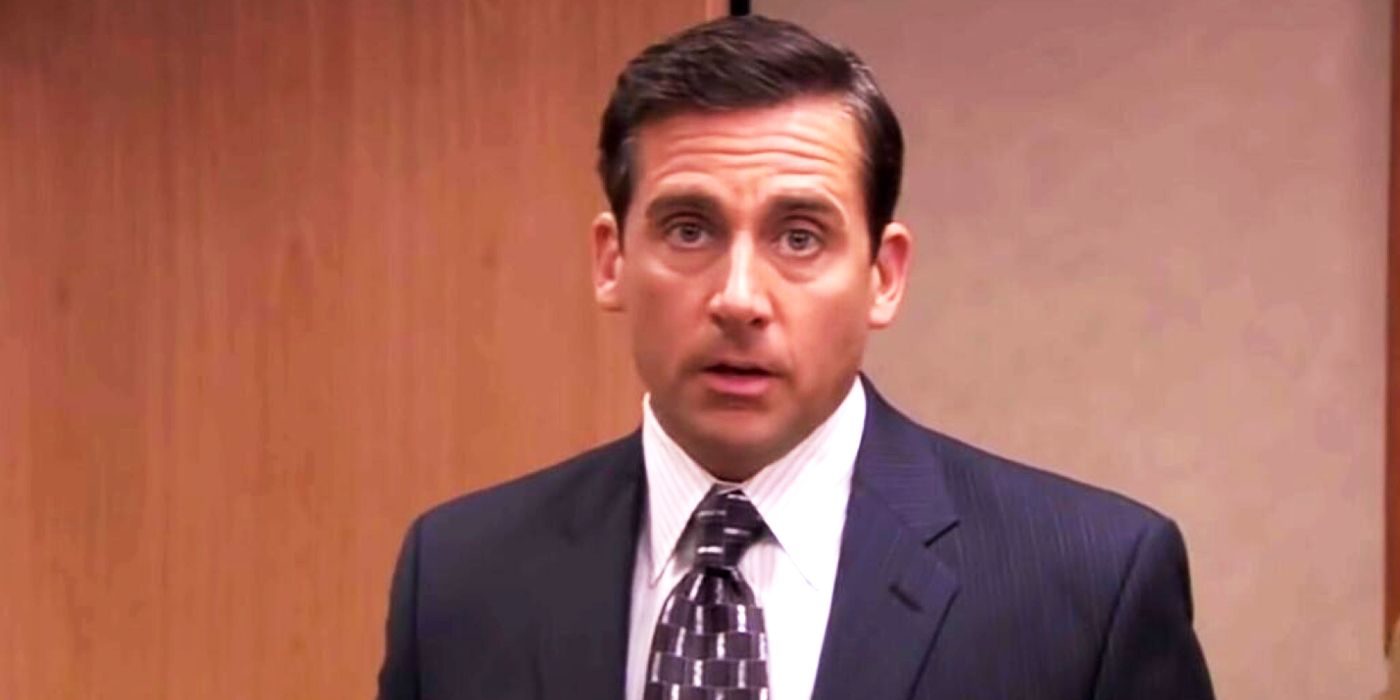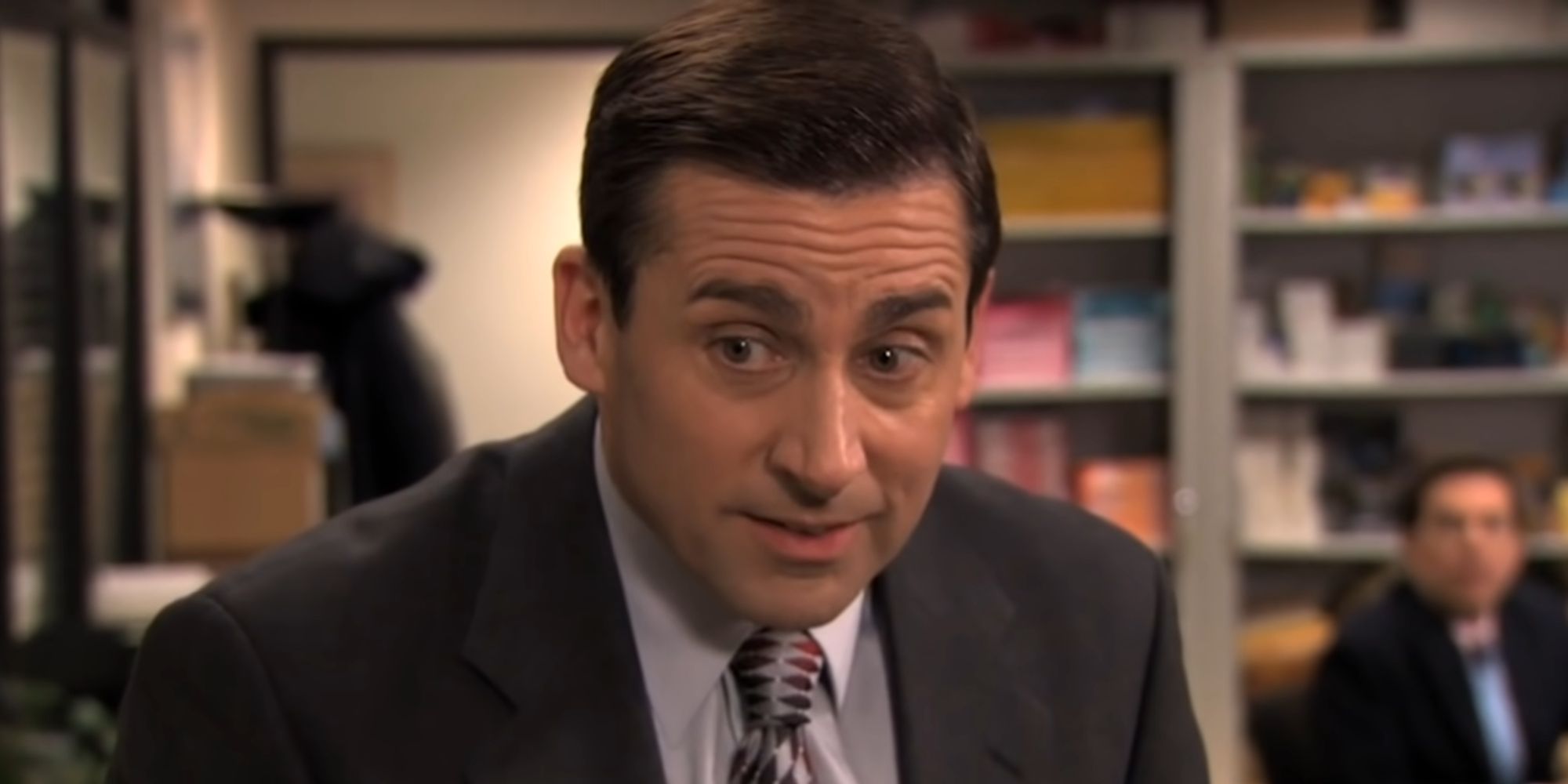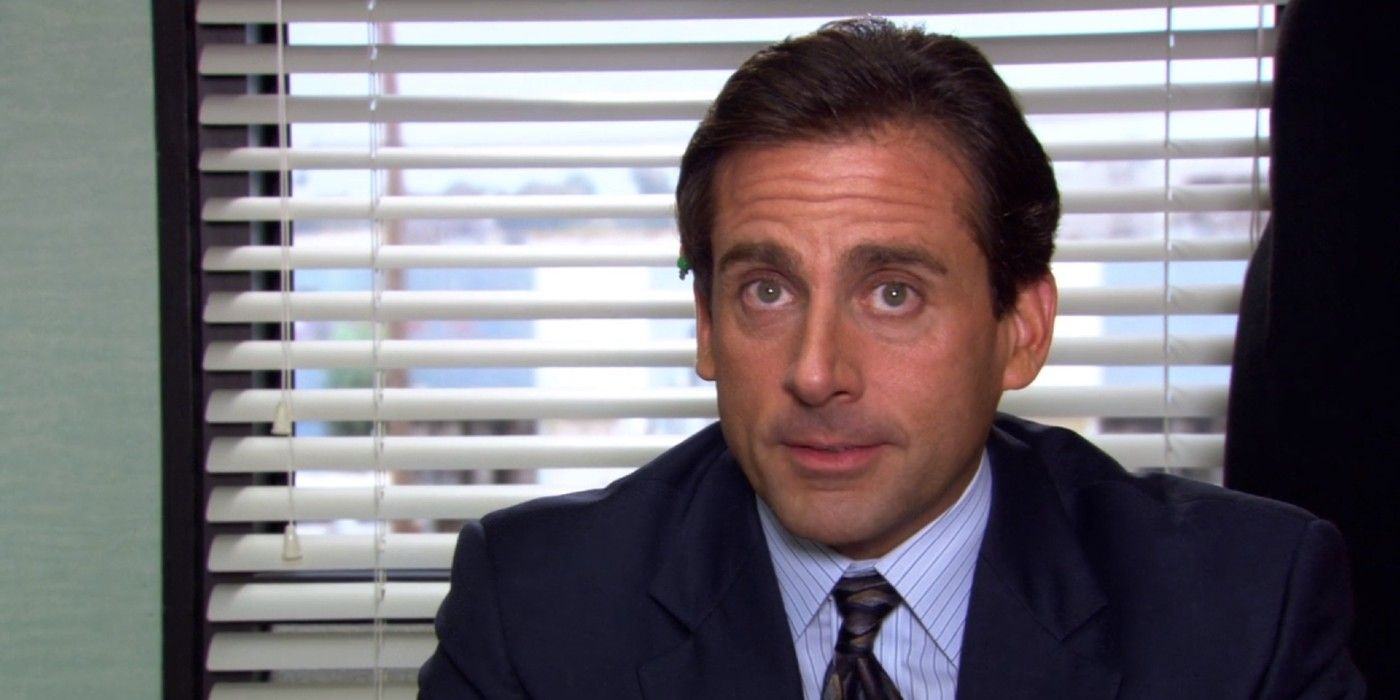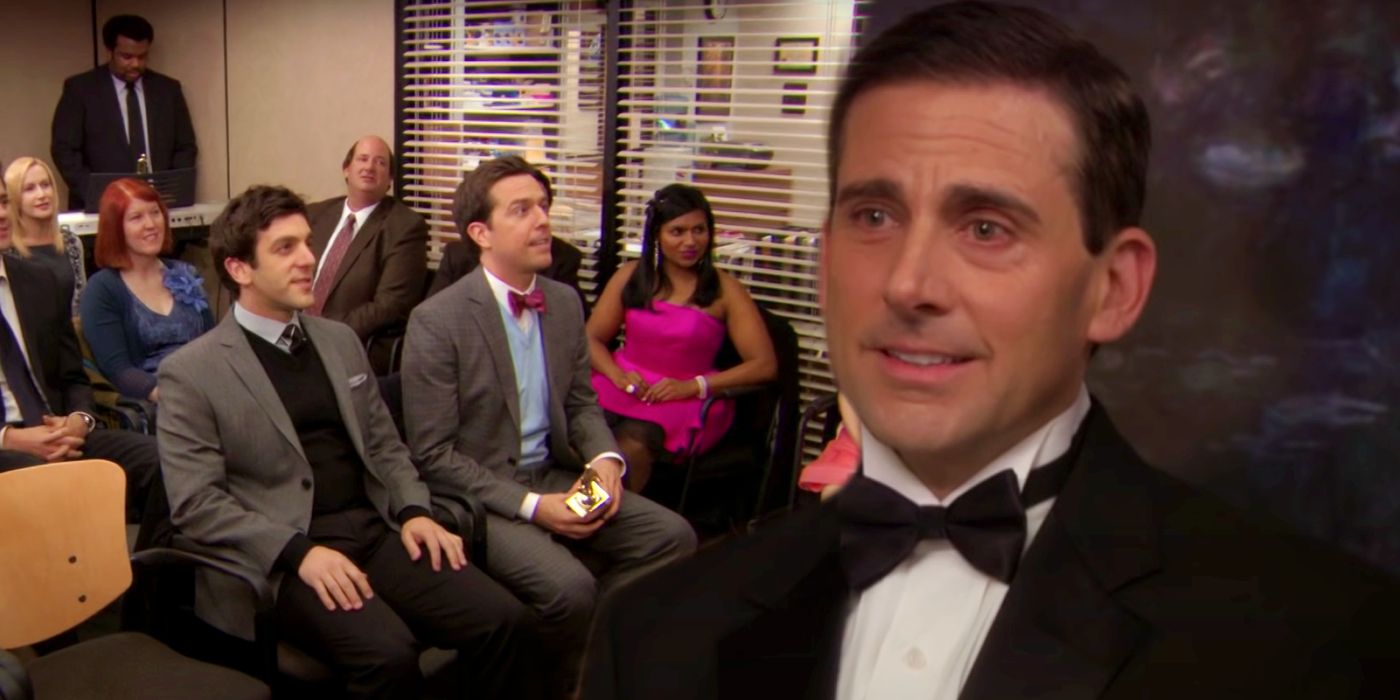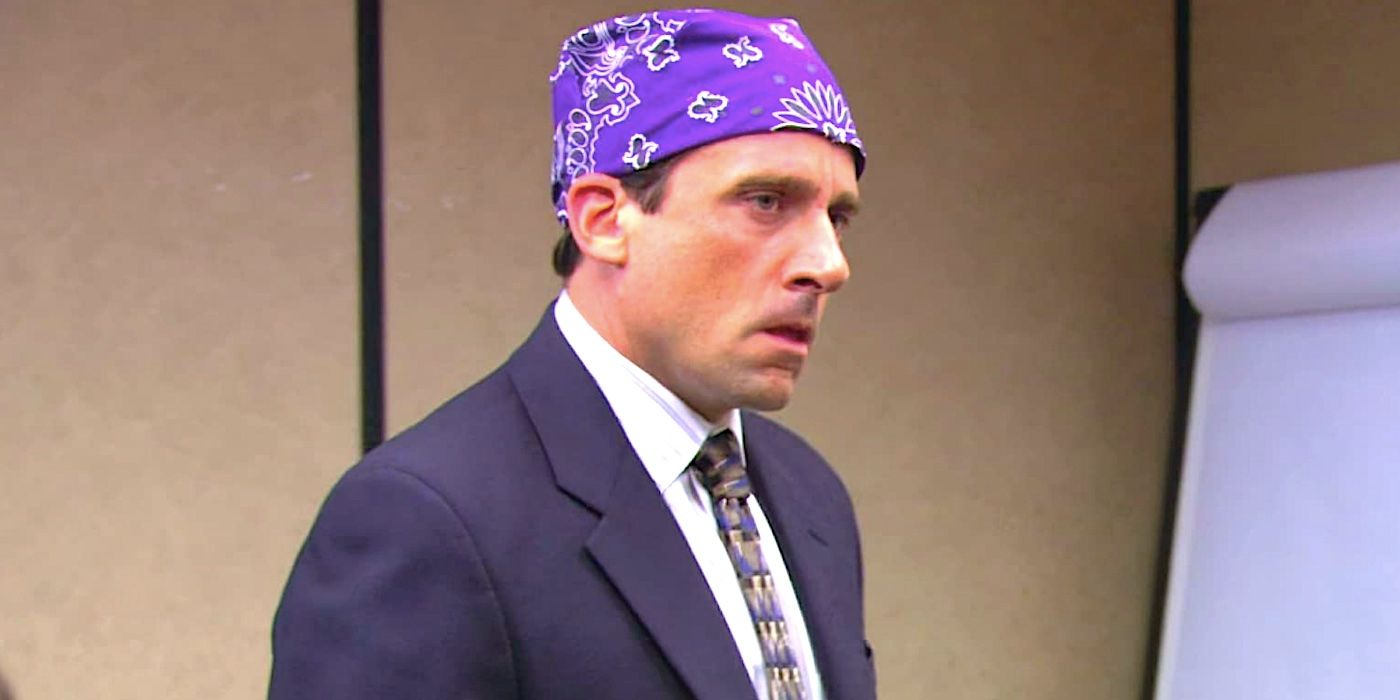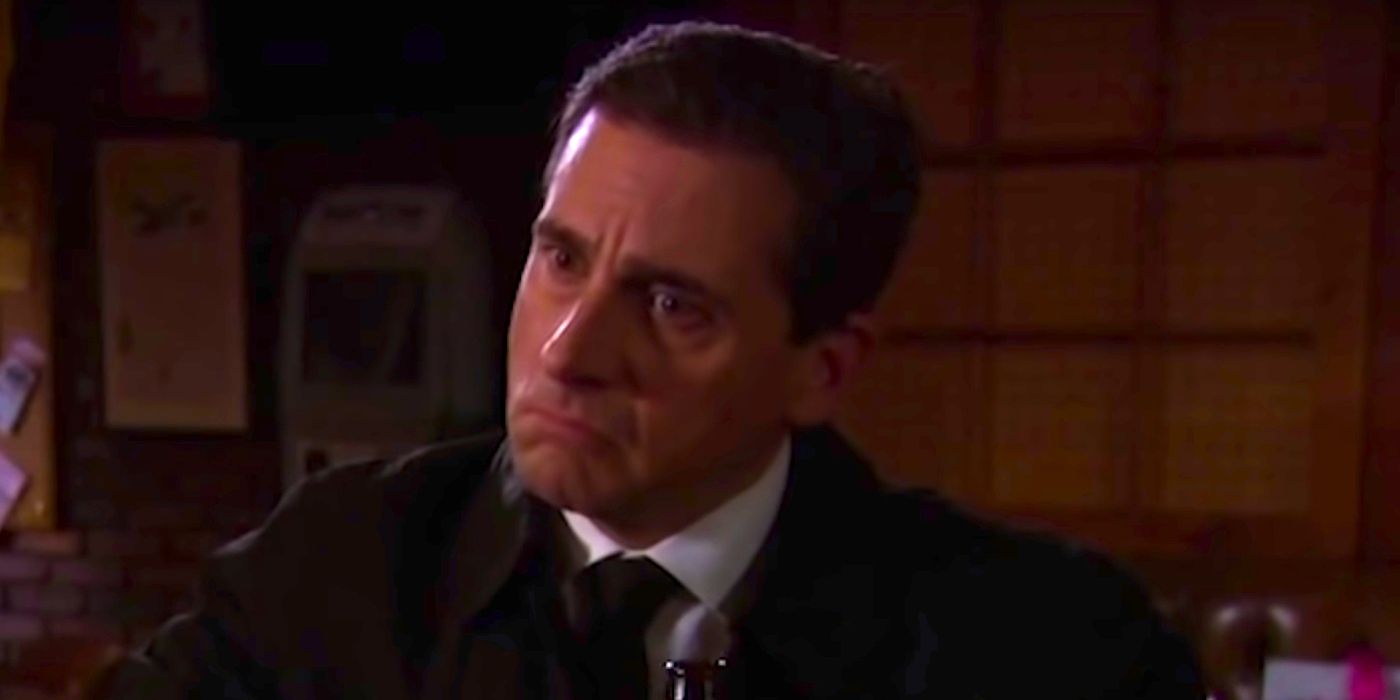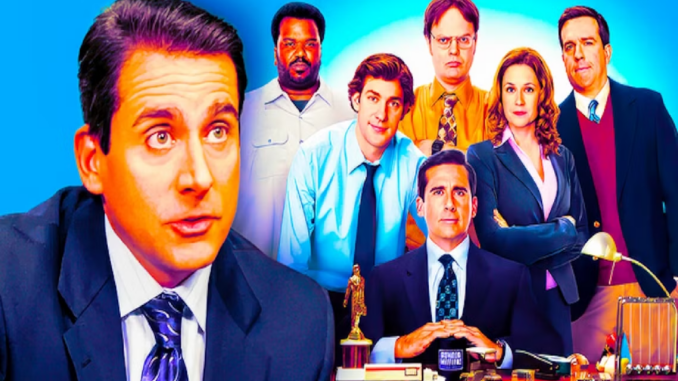
While The Office took a while to find its footing, the hit sitcom’s success was heavily owed to dropping its original plan and changing the show’s tone. The Office was technically a remake of the British show of the same name, although the two shows were very different in terms of both tone and content. The UK’s take on The Office lasted only two seasons, airing a mere 14 episodes in its entire run. In contrast, the US remake of the show aired 201 episodes over nine seasons. In this time, The Office moved further and further from its original inspiration.
Where the UK show primarily focused on its cringe-inducing protagonist, David Brent, The Office’s cast of characters got a bigger share of the US remake’s screen time. After Steve Carell’s Michael Scott left the series in season 7, Jim and Pam became the show’s de facto leads as Dunder-Miflin’s Scranton branch cycled through various replacements for their former manager. However, these plot changes weren’t the biggest difference between the UK show and its remake. After a shaky debut season, The Office changed its entire tone and improved immeasurably as a result, gaining a warmer atmosphere and a sillier sense of humor.
The Office Dropped The Show’s Original Tone
After The Office season 1, the show’s tone became notably more optimistic and less edgy, losing the bleak edge of the UK original. Michael Scott was outright unpleasant in early episodes of The Office and his arrogance, thoughtlessness, and self-centered actions weren’t really ameliorated by a secret sweetness. By The Office’s series finale, Carell’s character was treated as a sweet and well-meaning buffoon whose incompetence was excused by his good nature and naïveté. This is essentially unrecognizable from his season one iteration, an insensitive and mean-spirited character who is occasionally even more unlikable than Rick Gervais’s infamously divisive portrayal of Brent.
Initially, The Office attempted to emerge from the shadow of its UK inspiration by making its antihero even more obnoxious, irritating, and hard to watch. However, this approach proved fruitless as the UK show’s dry, cringe-centric comedy didn’t translate well to the broader humor of the U.S. network sitcom format. As the show continued, the series began to move away from The Office’s UK inspiration and toward a sweeter workplace sitcom style that went on to influence later hits like Parks and Recreation, Superstore, and Abbott Elementary. This change salvaged the struggling series in its second season.
The Office’s Enduring Popularity Proves Its Big Change Worked
Not only did the show last nine seasons, but The Office also spawned an entire sitcom empire for showrunner Michael Schur. A veteran of Saturday Night Live writer’s room, Schur parlayed The Office’s success into a green light for the aforementioned Parks and Recreation, Brooklyn Nine-Nine, and The Good Place. All three of these hits recreated The Office’s balance of sweet romantic subplots and character-based comedy, albeit in very different settings. Meanwhile, The Office still frequently ranks highly on lists of the twenty-first century’s best sitcoms, proving that the decision to make Michael Scott a less odious figure ultimately saved the series.
